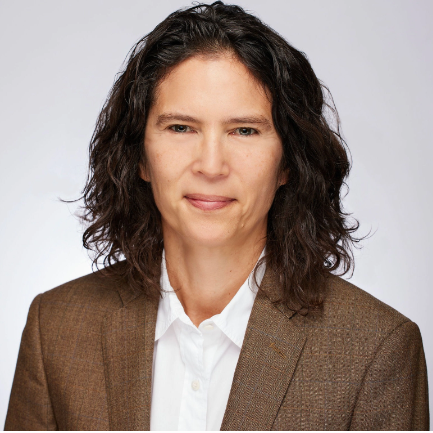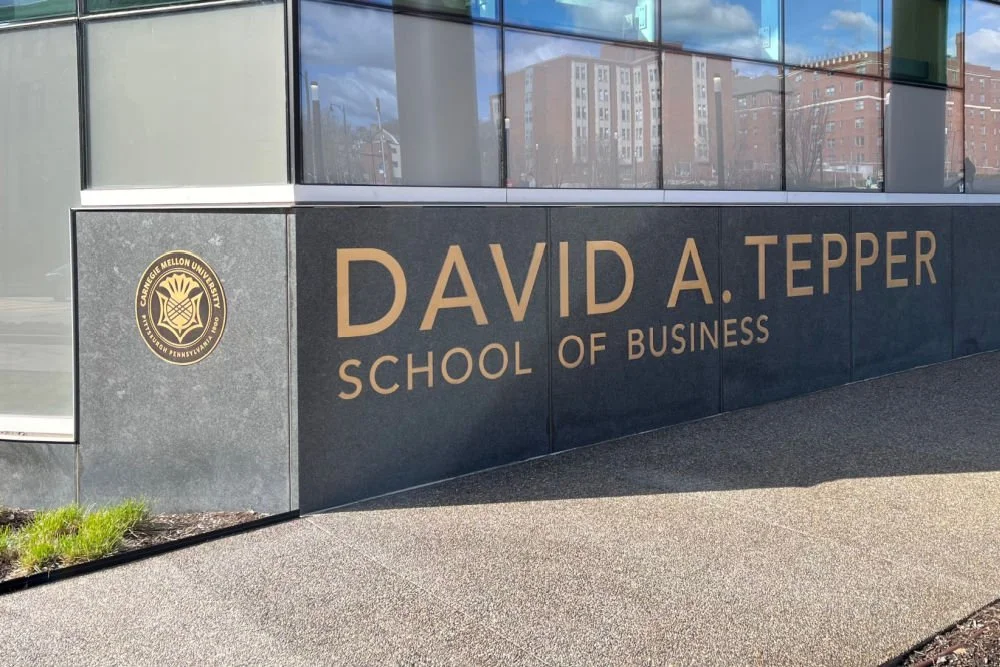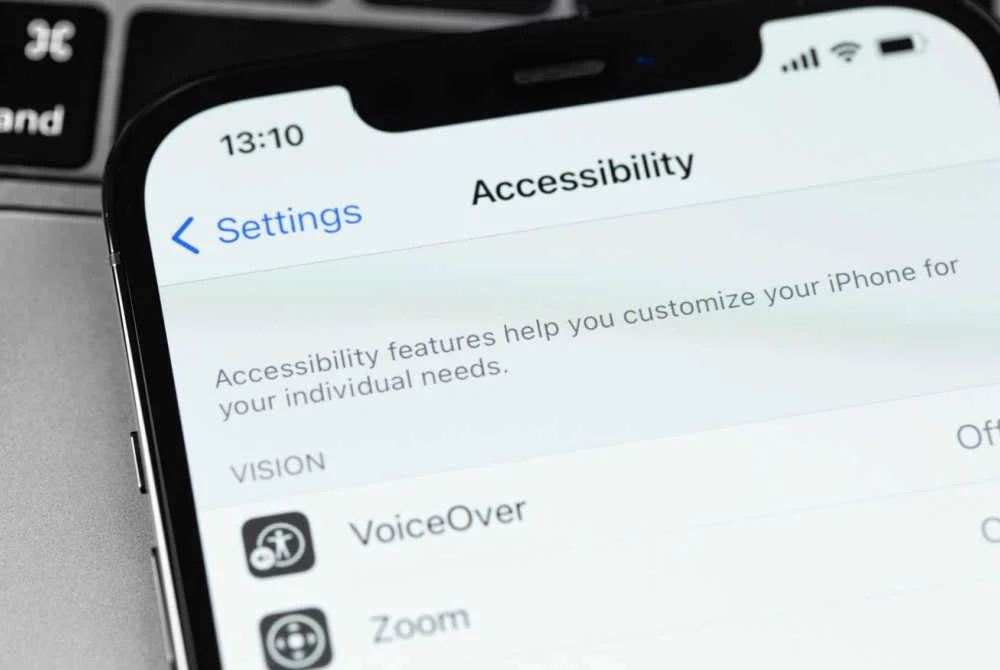In a High-Poverty Neighborhood, a Push to Get Young People Into Good Jobs
/photo: Andrey_Popov/shutterstok
JPMorgan Chase recently announced a $1 million commitment to Per Scholas, a nonprofit that works with businesses to create industry- and job-specific curricula for high school students that teach them skills employers want. The grant fulfills the last of the $6 million the bank promised last year to its New Skills Youth Initiative in the South Bronx.
The bank has emerged as one of the more prolific and strategic givers in corporate philanthropy since reviewing and revamping its program in 2012. Once a hodgepodge that reflected executives’ personal interests, since 2014, JPMorgan Chase’s corporate philanthropy has focused on reducing urban poverty.
“If you looked at what we were doing at the time, we were a mile wide and an inch deep,” Peter Scher, the bank’s global head of corporate responsibility, told IP as he reflected on the strategy change earlier this year. “There was never really a sense of, 'are you moving the needle?'”
Related:
Good Jobs, Good Pay: How a Major Bank Seeks to Boost Youth Employment in the South Bronx
Banking Against Urban Poverty: Inside JPMorgan Chase Philanthropy
Workforce and community development were two areas for which Scher and his colleagues thought the company could do more than just write a check. They saw the potential for real impact.
This latest gift continues the company’s commitment to workforce development. It was part of a larger initiative intended to boost youth employment in the Bronx. Per Scholas has a 20-year history of working in the borough. The nonprofit doesn’t work exclusively with high school students, although that will be the focus of the initiative funded through JPMorgan Chase’s grant.
Per Scholas prepares people from disadvantaged backgrounds for IT jobs employers need to fill. Many of those jobs don’t require a college degree, though they do require specialized skills. Training programs like this one can be an effective means to get more women and people of color into IT—two groups underrepresented in the industry. About 90 percent of Per Scholas’ students are people of color. A third are women.
As with many workforce development groups attracting funding support, matchmaking is a big part of what Per Scholas does. The organization talks to employers to find out which jobs aren’t being filled and what skills those require, and builds a curriculum around teaching those skills. The free curriculum typically takes a few months to complete. On its website, the nonprofit boasts that 85 percent of its graduates land jobs in IT.
The nonprofit already has a deep roster of corporate sponsors. Its backers include AT&T, Barclays, Capital One, and Google, among others. On the institutional philanthropy side, Bloomberg Philanthropies and the W.K. Kellogg foundation have donated to the organization.
Per Scholas and similar workforce development organizations attempt to address the mismatch between the skills employers look for and those that potential employees have. The theory is predicated on the idea that there is an abundance of jobs that employers have a hard time filling because they can’t find qualified candidates. With an economy that increasingly depends on jobs requiring an expertise in tech and IT, that gap has the potential to become more pronounced.
Banks like JPMorgan Chase have a lot of middle-skilled jobs, which require strong competencies but not necessarily a college degree. Those kinds of jobs are often hard for employers to fill, even though they tend to offer better pay, benefits and security than low-skill jobs in the retail or service industries.
Workforce development programs like this one are popular among funders, especially corporate funders, which stand to benefit from a skilled and educated workforce. Walmart has given to this type of work, though it tends to target adults rather than students. The company pledged $100 million to helping retail workers get the training they need to qualify for more advanced, higher-paying jobs.
JPMorgan Chase is particularly focused on closing the skills gap in urban areas. The bank has special relationships with several cities, including Chicago, Detroit and Washington, D.C. It also works globally on economic opportunity, recently rolling out a major initiative in Paris.
The bank has emerged as a leader in corporate philanthropy at a time when other major companies have also become more strategic in their giving. JPMorgan Chase gives more than $250 million year, which puts it on par with many big foundations. The company announced in August that it set a goal of giving $1.75 billion in the next five years, a big bump up in giving levels. Earlier, around the time that the bank revamped its corporate giving strategy, it also hired an expert team with deep roots in nonprofits and institutional philanthropy to oversee it.
With a clear strategic focus, professional staff and commitment to big gifts, JPMorgan Chase remains a corporate funder to watch.
Related:







































